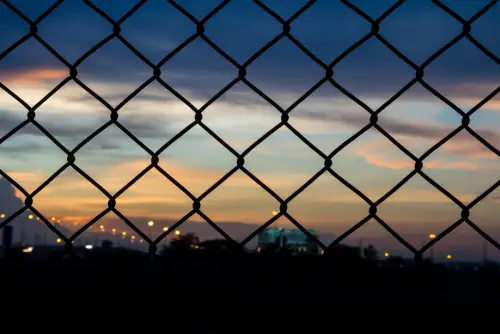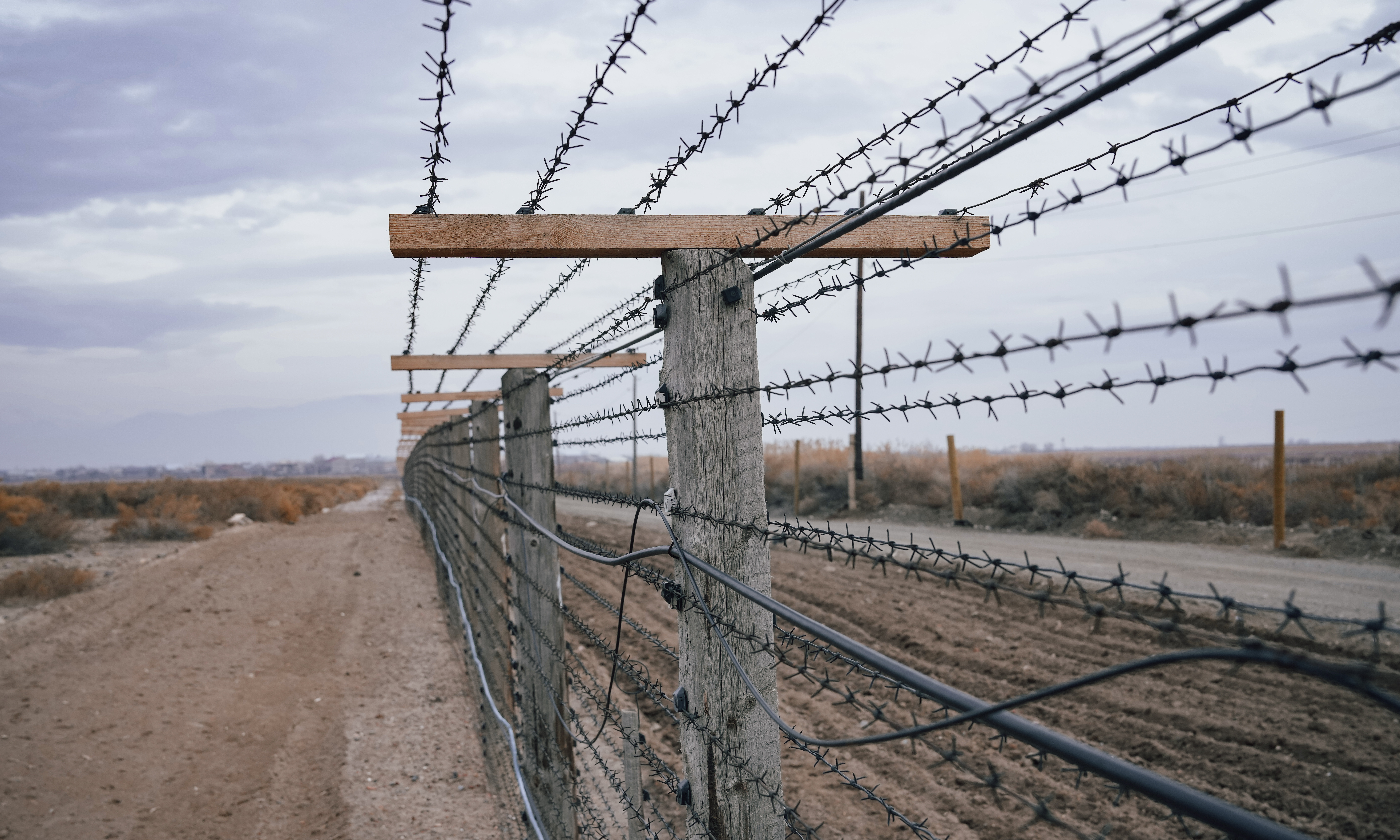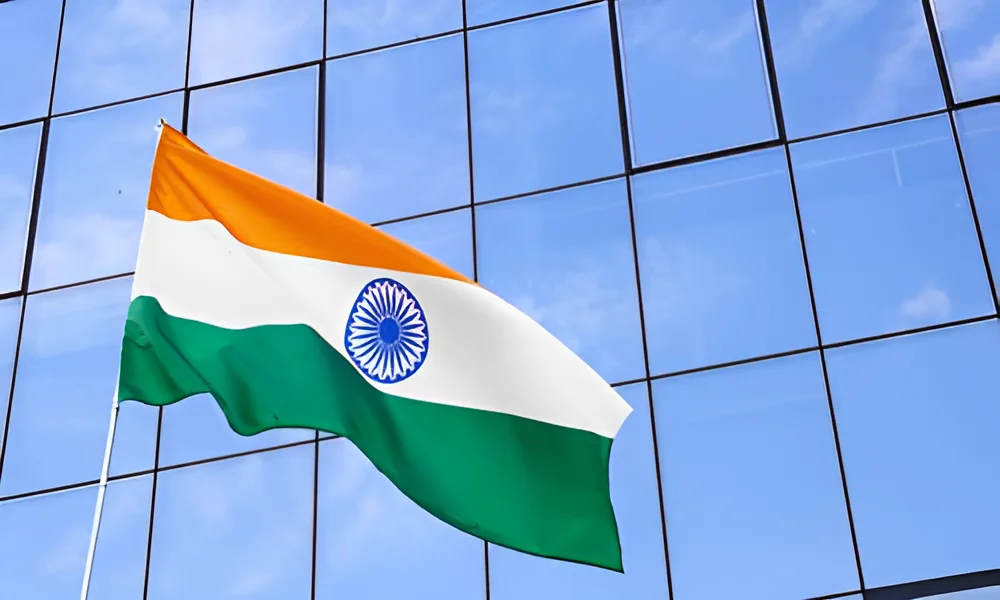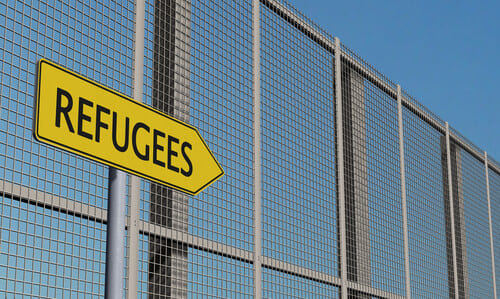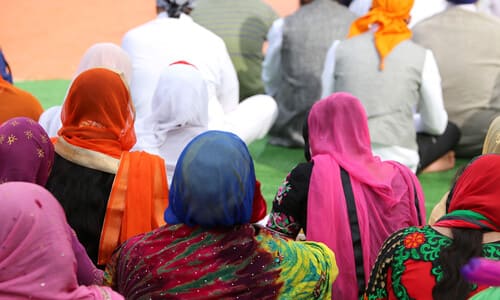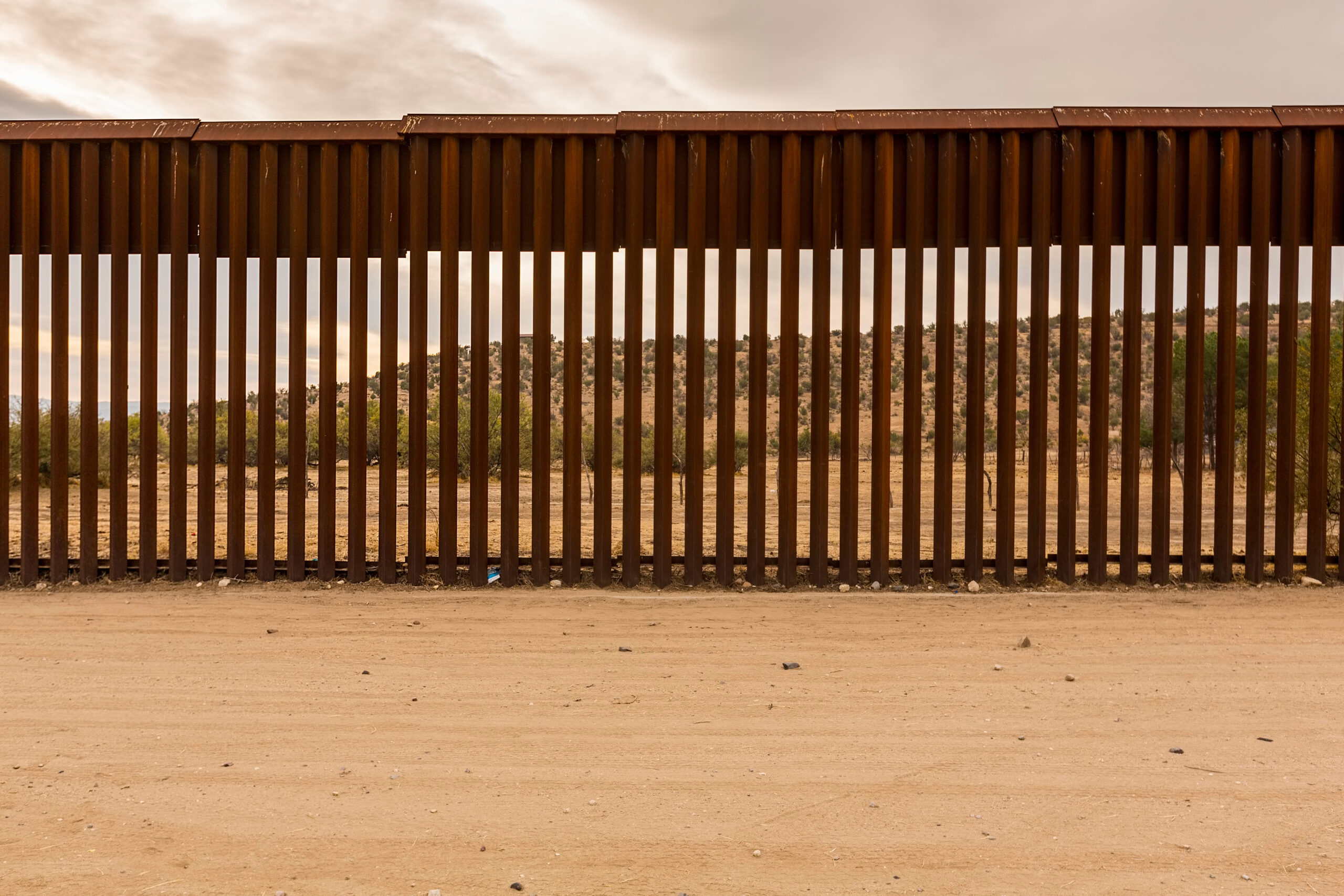From 2000 to 2019, the Indian population in the US has grown from about 2 million to around 4.5 million, and many of these immigrants have settled in California. Some choose the state because entering through the US-Mexico border has also become increasingly common. Often immigrants seek asylum in the US, citing religious or political persecution in India or other South Asian countries.
An immigrant named Munisha (who did not want her last name used due to fear of reprisal in her home country) told LAist she was cut off by her family in Punjab, India, because she was a lesbian. After her girlfriend’s family learned of their relationship and threatened to kill her, she flew to LA on a tourist visa, leaving behind her young son from an arranged marriage. She then applied for asylum in the US because of this persecution and is now one of many immigrants awaiting a decision on an asylum or immigration case. She hopes to achieve legal status and bring her son to live with her in California.
Other immigrants from India may seek asylum because they are Hindu and in an inter-caste marriage, because they are Sikh and facing political persecution, or because they are Muslim and facing threats from a Hindu nationalist movement.
Like Munisha, many Indian immigrants enter the country legally on a tourist or student visa, then later apply for asylum in the US. Those who are unable to obtain a temporary visa may make a risky journey into the country across the US-Mexico border. In 2018, Border Patrol arrested 4,197 Indian nationals attempting to cross the border. Many of these immigrants were held in detention facilities until they could pay a bond, the amount of which could be as high as $50,000. During the Trump administration, bond denials also became more common.
Additionally, the immigration system is swamped with cases, and judges are pressured to make decisions with a quota for clearing cases, which may be problematic for asylum seekers. Between 2012 and 2017, about 42 percent of Indian asylum seekers had their cases rejected.
Immigration attorney Deepak Ahluwalia says the quotas put in place by former attorney general Jeff Sessions have left many asylum seekers and their lawyers with little time to prepare. Previously, many asylum cases didn’t come before the court for several years, but now some immigrants are forced to prepare for a court date in only a few weeks.
“It’s like traffic court — but these are people’s lives,” Ahluwalia said. “With such a high volume of cases, it’s inevitable that errors are being made.”
Ahluwalia also believes the pressure to hear cases quickly may lead judges to become “desensitized” to the plight of immigrants and their need for asylum in the US. “It begs the question of actually being attentive and actually listening to the pleas of these individuals, many of whom sold everything but the clothes on their backs to come here,” he said.
How Can You Get Help With an Asylum or Immigration Case?
Please contact Singh Ahluwalia Attorneys at Law and its lead attorney Deepak Ahluwalia for a free, confidential consultation about your immigration concerns. Mr. Ahluwalia is a trusted source for information about the American immigration system and frequently grants interviews with the BBC, NPR, CNN, The Guardian, and other world-leading media outlets. In his work as an immigration attorney in California, he has helped hundreds of thousands of people navigate the convoluted US immigration system.

